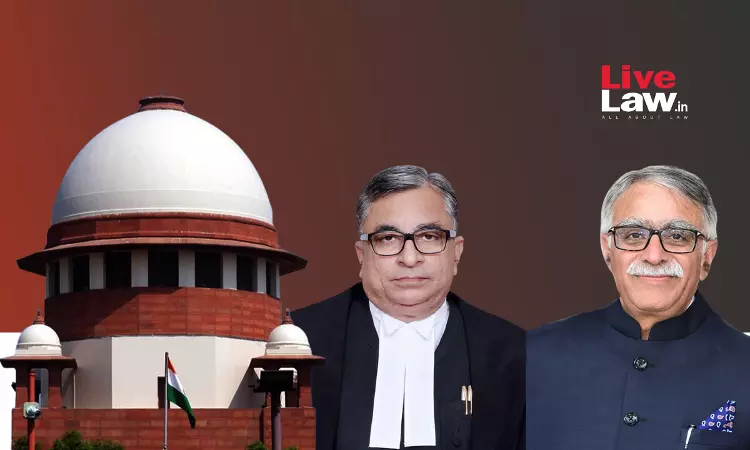Conviction Cannot Be Upheld In The Absence Of The Records Of The Trial Court: Supreme Court
Udit Singh
26 April 2023 5:04 PM IST

Next Story
26 April 2023 5:04 PM IST
The Supreme Court has recently set aside the judgment of the Allahabad High Court which upheld the conviction of a person under Prevention of Corruption Act, on the ground that High Court shall not decide an appeal without calling for the records of the case from the Trial Court.The division bench of Justice Krishna Murari and Justice Sanjay Karol noted:“The language of Section 385 shows...
